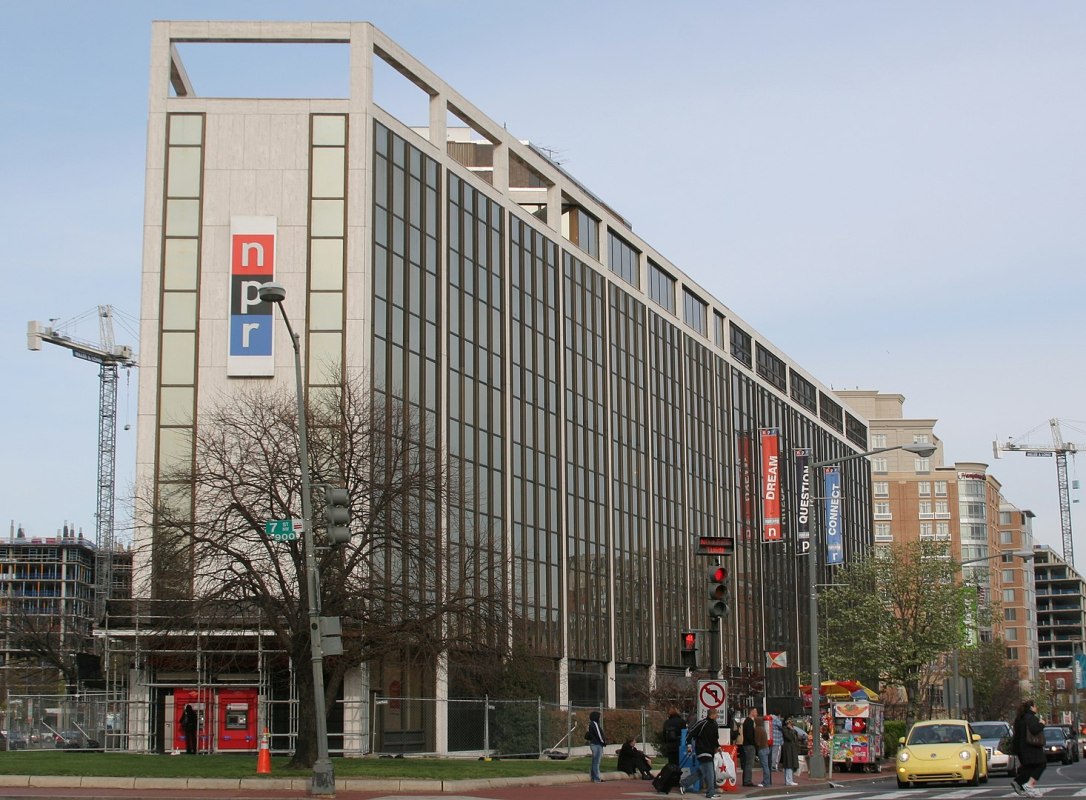What happens to the sound of your morning commute when your morning commute no longer involves a drive or a trip on public transit? The answer — or, at least, one answer — is a worrying drop in ratings. That’s the situation that NPR currently finds itself in, according to a new report by David Folkenflik at the nonprofit media outlet: “The network’s shows lost roughly a quarter of their audience between the second quarter of 2019 and the same months in 2020.”
That radio would take a hit as a result of the pandemic isn’t necessarily shocking; after all, early in the pandemic, data indicated that podcasts were also losing listeners as a result of declining commutes. What makes NPR’s report on, well, NPR interesting is the fact that the issue at hand here is less dire than it might be at other stations.
A conversation with Lori Kaplan, NPR senior director of audience insights, makes this clear:
Commercial radio is experiencing, if anything, worse declines. But audience research commissioned by Kaplan indicates that NPR’s audience is disproportionately made up of professionals who are able to work from home and who are interested in doing so even after the pandemic subsides.
While ratings have dropped during the pandemic, the number of people tuning in to NPR overall is up from the same point last year. In the article, Kaplan calls the current situation “a sea change.” It’s certainly a moment when nearly everything considered to be conventional wisdom no longer applies.
NPR’s data also shows that 10 stations have experienced increases in their audience, including ones based in Minnesota, Austin and Chicago. News shows have also seen fewer adverse effects than those focusing on other subjects, like Ask Me Another. Also beneficial to NPR: a significant amount of underwriting for NPR’s forays into podcasting.
Subscribe here for our free daily newsletter.
Thanks for reading InsideHook. Sign up for our daily newsletter and be in the know.


















